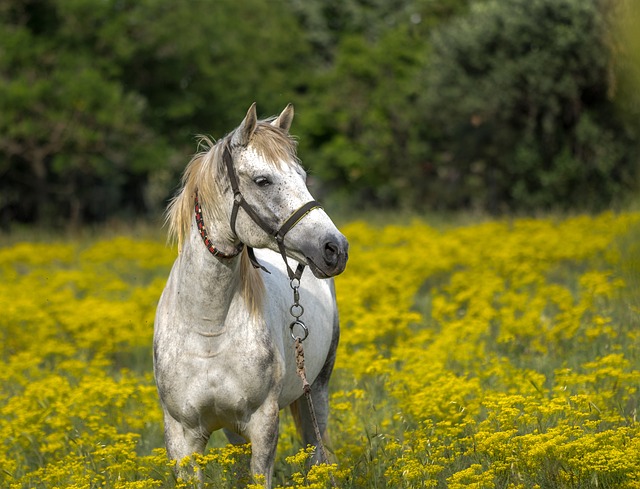Our Guide to the Different Types of Horse Feed

At Equi-Box, we know that providing the right nutrition is essential to maintaining your horse's health and well-being. In this guide, we’ll take you through the different types of horse feed available, helping you make informed choices that best suit your horse’s dietary needs.
The importance of horse nutrition
Good nutrition is the cornerstone of a healthy horse. The right diet ensures your horse has the energy to perform, a shiny coat, strong hooves, and overall good health. Horses have unique dietary requirements that are very different from other animals. As herbivores, they rely primarily on forages such as grass and hay to meet their nutritional needs.
Types of Horse Feed
Understanding the different types of horse feed is key to making the best choices for your horse. Here’s a breakdown of the main types:
Forage
The foundation of a horse's diet. Forages like grass, hay, and haylage should make up the majority of their feed:
- Grass: Ideal for horses that graze, providing them with natural nutrients straight from the pasture.
- Hay: Dried grass, available in varieties like timothy and alfalfa, that offers essential fibre and nutrients.
- Haylage: Semi-wilted and fermented grass that has a higher moisture content, making it a good option for some horses.
Balancers
Balancers are a fantastic way to ensure your horse gets all the essential vitamins and minerals that might be missing from their primary forage diet. These concentrated feeds support your horse’s overall health, performance, and condition without adding unnecessary calories.
High-Fibre
High-fibre horse feed is crucial for maintaining digestive health. It helps prevent colic and other gastrointestinal issues by promoting regular bowel movements. Feeds rich in fibre, like hay and pasture, also provide slow-release energy, ideal for maintaining steady energy levels throughout the day. Additionally, they support gut health by fostering a healthy balance of bacteria in the digestive system.
Supplements
Supplements are used to address specific deficiencies in a horse's diet. Common supplements include:
- Vitamins and Minerals: To ensure a balanced diet.
- Joint Supplements: For horses with arthritis or joint issues.
- Probiotics and Prebiotics: To support digestive health.
Choosing the right horse feed
Selecting the right feed for your horse involves considering several factors, including age, weight, activity level, and any health concerns. Here are some tips to guide you:
- Regularly assess your horse’s condition, paying attention to their body condition score.
- Consult with a vet or a nutritionist to get personalised recommendations tailored to your horse’s needs.
- Always read feed labels carefully to ensure the feed meets your horse’s nutritional requirements.
Proper nutrition is vital for your horse's health and performance. By understanding the different types of horse feed and their benefits, you can make informed decisions that will support your horse’s well-being. Remember, every horse is unique, and their diet should reflect that.
Explore our wide range of horse feed and supplements at Equi-Box, where we’re committed to helping you give your horse the very best.
Posted on: 14/06/2024





